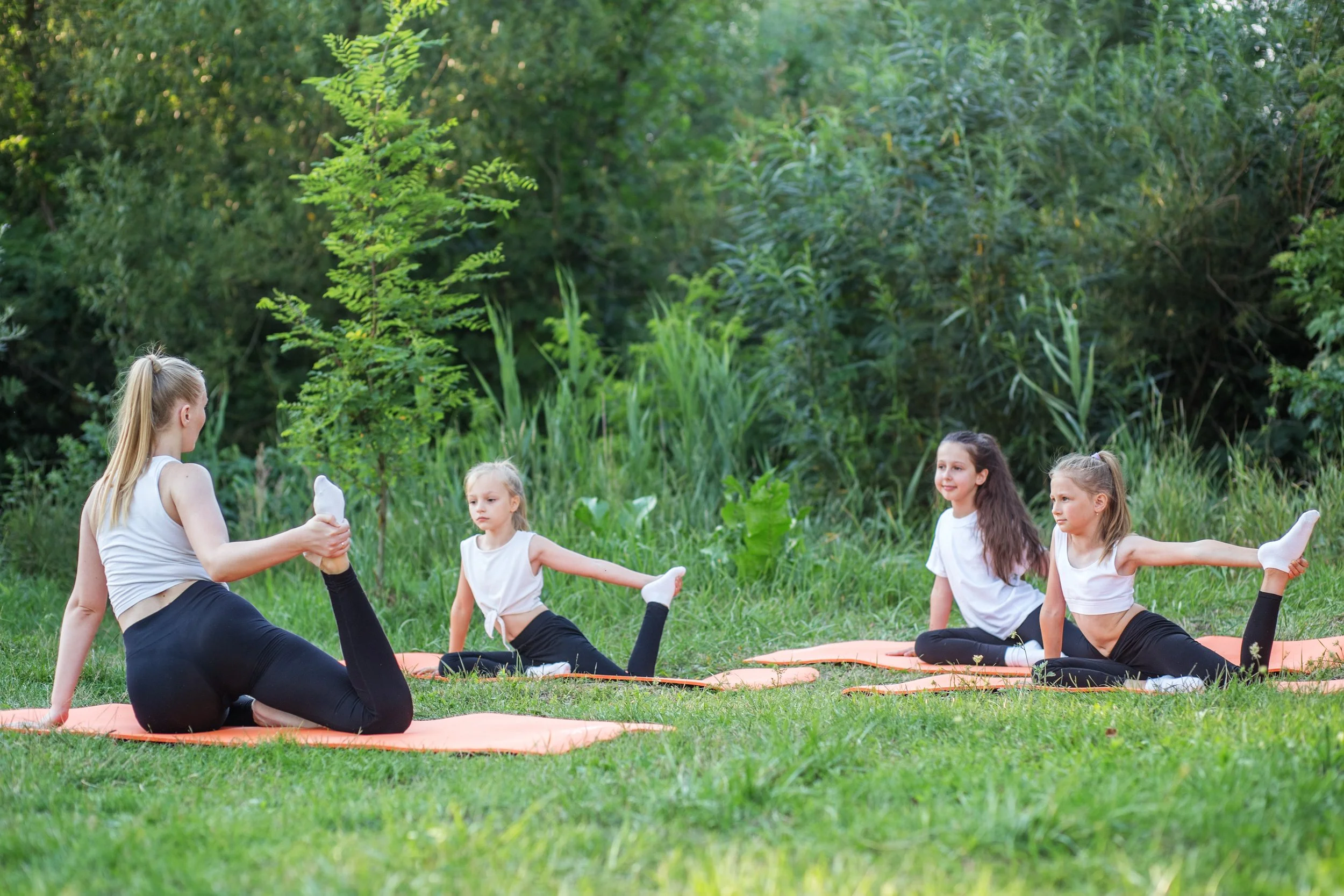Recreational Therapy & Experiences
Strong Body, Calm Mind, Kind Heart.
Little Yogi AZ is a recreational therapy intervention designed to support children’s physical, emotional, and social development through structured yoga activities tailored to their individual needs.
The Little Yogis Yoga Program prioritizes inclusivity ensuring children of all abilities and ages feel valued and supported.
Core Values
Social Inclusion: Foster positive peer interaction and a sense of community.
Personal Growth: Build confidence, resilience, and essential life skills.
Love and Happiness: Create a joyful loving environment
Mindfulness: Encourage emotional regulation, self awareness, and mental clarity
Visit Us
Tempe, AZ 85282
Phone
(307) 231-5091
A Yogi’s Journey
Little Yogi helps children ages 3–18
build confidence, manage emotions, stay active, and connect with others through inclusive yoga and mindfulness.
Little Yogi’s vision is a world where every child has the tools to feel calm, confident, resilient, and healthy through accessible yoga and mindful movement.
Social-Emotional Learning (SEL)
Little Yogi uses yoga and mindfulness to support children’s emotional growth, social connection, and self-management.
Self- Awareness
Children learn to recognize and name their emotions, understand their strength, and build confidence in their abilities. Yoga invites reflection and mindfulness. Through body cues, journaling, and self-check tools, children begin to identify how they feel, why they feel that way, and how their emotions influence behavior. This supports personal growth and emotional literacy from an early age.
Social- Awareness
Children develop empathy, learn to understand others feelings and perspectives, and build meaningful connections. Through partner yoga, acts of kindness, gratitude exercises, and empathy based prompts, they learn to recognize emotions in others and offer support. These interactions strengthen compassion, deepen their sense of responsibility, and help form positive relationships at home, school, and in class. This fosters a caring, inclusive community where every child feels seen and supported.
Self- Management
Children learn practical tools to manage stress, regulate behavior, and take initiative in challenging moments. Breathwork, guided relaxation, and movement based mindfulness help children build emotional regulation skills. Whether it’s calming down after frustration or staying focused during transitions, kids practice resilience in ways that carry into home and school life.



